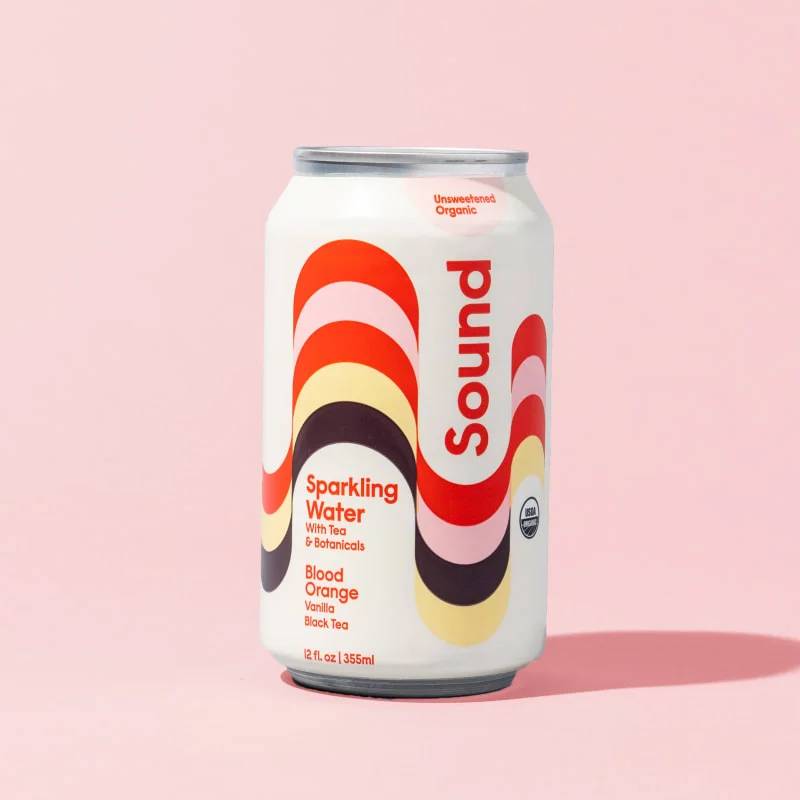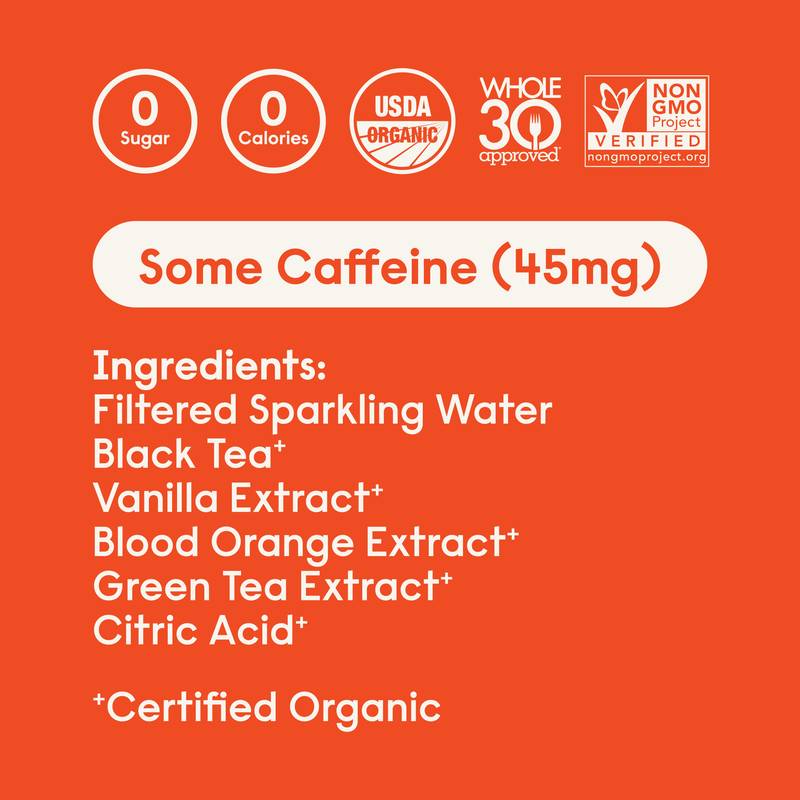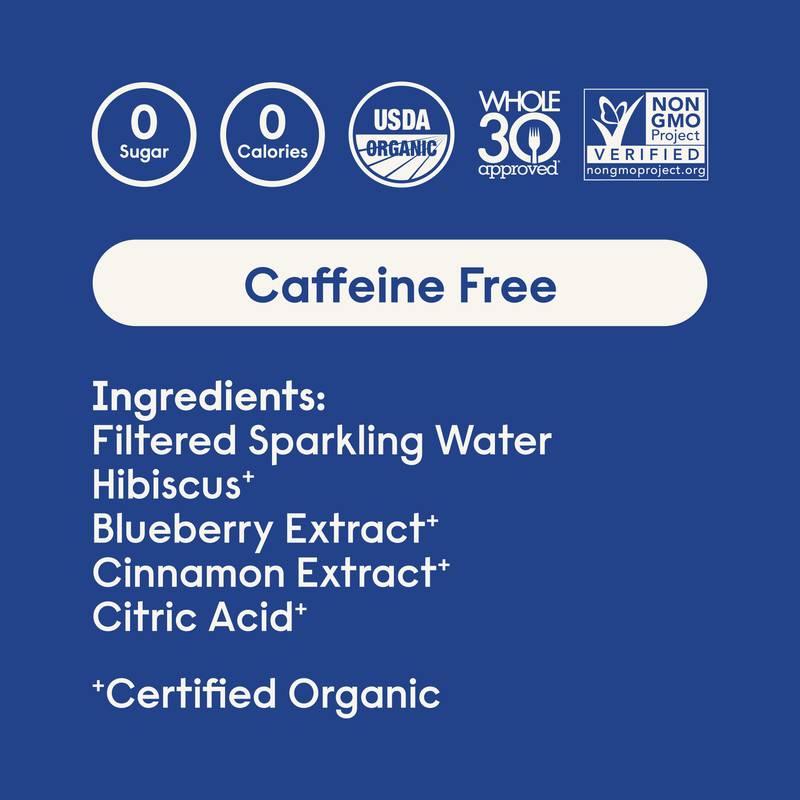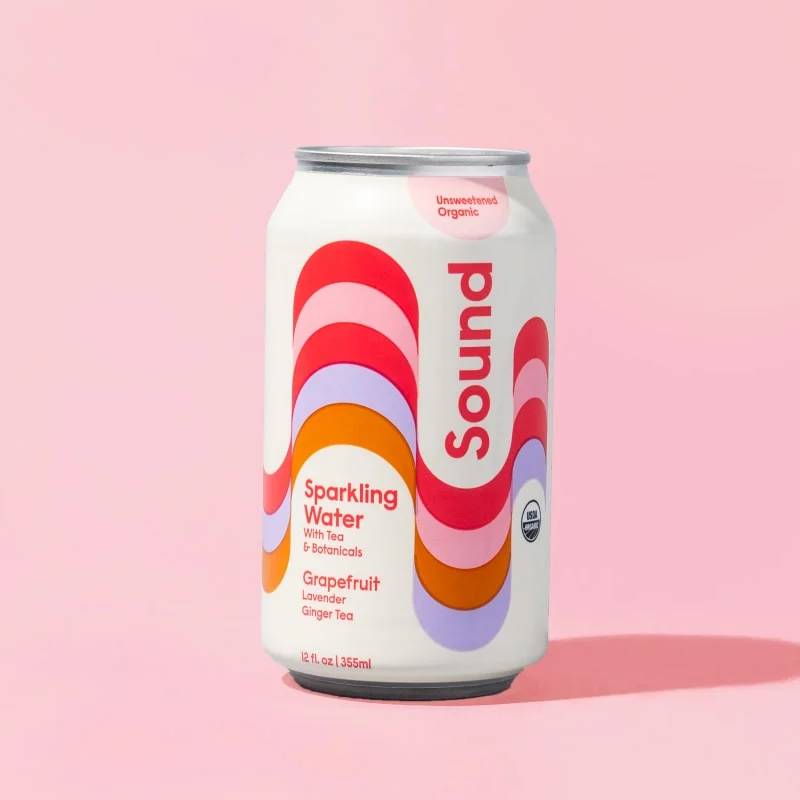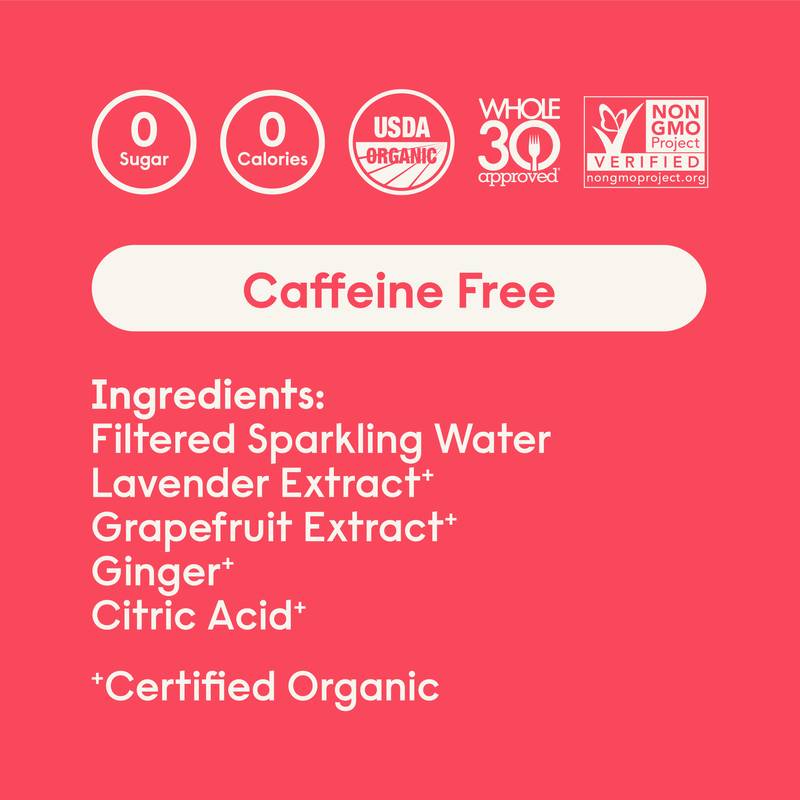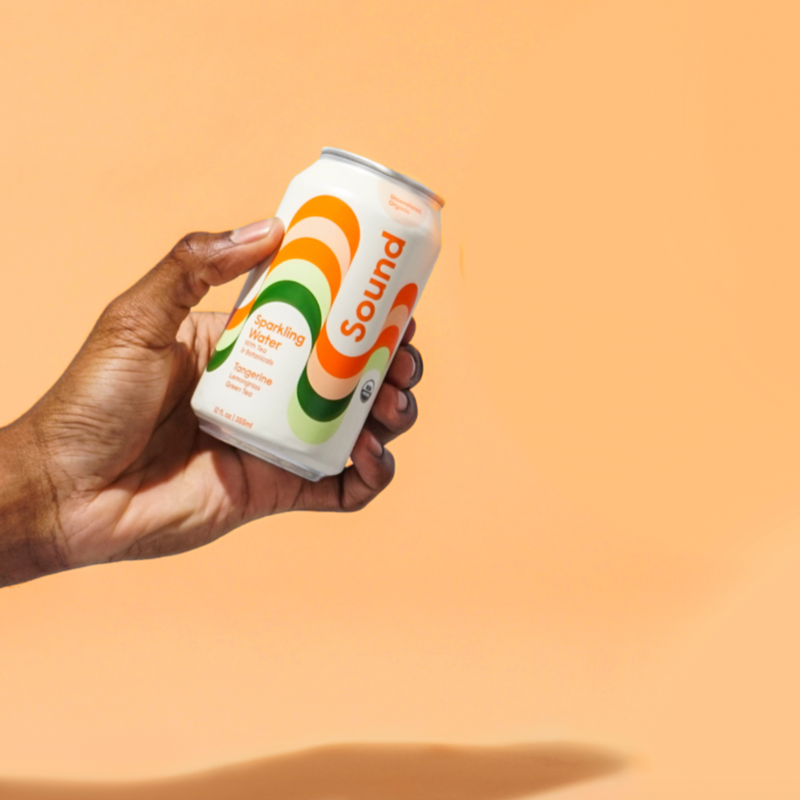SOUND co-founder, Salim Najjar, is talking today about his experience with meditation and the science behind what it actually does to your body.
Meditation. We hear about it all the time, now even more so in the midst of the COVID-19 pandemic. But is meditation truly effective? And if so, how does it even work? My hope is to help answer these two questions by sharing my personal experience and what I’ve learned through the years.
A little backstory
Those who know me know that I am a high energy guy, which all started about 10 years ago when I decided to change my diet, moving away from heavy carbs and processed foods to “whole foods” (you are what you eat, literally). Once I got a taste of this improved energy from changing what I was eating, I buried my nose in all kinds of books to learn and explore other methods to increase this energy. “The Power of Now” by Echkart Tolle was one of my favorites and completely shifted my perspective of the world as it was the first time I realized that my being (soul) could be separate from my mind. This was the beginning of my “spiritual” path which led me to start practicing yoga. I loved vinyasa classes and found serenity during savasana (laying still on the floor at the end of classes). I was familiar with meditation at this time, however, my mind had me believe that sitting in silence was a total waste of time as I would be more “productive” doing other things. I questioned whether meditation would even bring me any notable benefit, and couldn't grasp adding something else to the never-ending to-do list constantly running through my mind.
I then was introduced to bikram yoga (can I still call it that? 🤨🤷♂️) four years ago and I became totally obsessed. Instructors describe the class as a “moving meditation” and always remind students that the closing pose of savasana is the most important part of class because it is where all the healing takes place. Of course, I would get up as soon as the mandatory two minute savasana ended and quickly exit to get back to that to-do list. At the time, I didn’t realize that one of the reasons I was so obsessed with bikram was because being in a 104 degree room at 50% humidity holding 26 postures for 90 minutes forces your mind to shut off the rest of the world and concentrate on yourself.
What finally got me to start meditating
As I continued reading “self-help” books and biographies on successful entrepreneurs, I started seeing a common theme of mediation amongst them all. The book “Tribe of Mentors” by Tim Ferris was the tipping point for shifting my perspective. Tim sent the same ten questions to his network of 100+ extremely successful people to give readers an insight into their lives. One of the most common habits amongst them all was meditation. At that point I decided I was going to dedicate 20 minutes each day to meditating (or trying to), regardless of my doubts and suspicions.
Why I meditate every day.
The phrase “monkey mind” has been used to describe the 1,000+ thoughts per minute of an average human. That absurd amount of noise keeps our autonomic nervous system (responsible for control of bodily functions not consciously directed) in a sympathetic state (fight or flight), constantly producing adrenaline and spiking cortisol levels. In other words, that busy mind creates excess stress which, at a cellular level, is the root cause of all disease and death (outside of accidents). The ability to quiet these thoughts feels impossible and that’s exactly what my mind had been telling me for all those years. What I’ve learned is we must think of the mind like a muscle that we consistently train day after day to quiet all that noise. We want to keep our bodies in a parasympathetic state (rest and recovery) as much as possible to reduce the harmful effects of excess stress.
Not to mention, meditation can help improve anxiety and depression, and may even improve memory.
Alright, now you understand why meditating is good for you! The other question is: What exactly is happening when you meditate?
The autonomic nervous system is responsible for controlling all of our unconscious bodily functions (think breathing, heartbeat, digestion etc). This system operates in two states: sympathetic and parasympathetic. Each state is associated with a range of brain frequencies (see images below).

*Sympathetic is synonymous with Beta Brain Waves. Parasympathetic is synonymous with Alpha/Theta Brain Waves

*Image from https://holistic-evolution.com/2015/04/29/mindmachine/
The sympathetic state correlates with the beta brain (14-30 Hz) and is what most of us operate in during the day. Depending on the level of stress and how busy our monkey minds are, you can be on the lower or higher end of this frequency range. Low beta is normal and perfectly healthy. However, staying in high beta can become dangerous for your body as the brain will continuously stimulate release of cortisol and adrenaline hormones. These hormones are needed at times (unless you’re Joe Exotic and don’t need to run from tigers 🐯) but if our brain excessively releases them, this can lead to chronic illness due to damage caused by inflammation at a cellular level.
The parasympathetic state correlates with the alpha and theta brain (4-13 Hz) and is essential for allowing our body’s vital organs to recover from the stress we put them through and, in my opinion, producing and maintaining positive energy. It is known as the “healing” or “rest and recovery state”. We know that sleep is incredibly regenerative and healing. Reaching the state of theta yields these benefits as well, but on a deeper level. How do you decrease the frequencies of your brain to get into this state? You guessed it, quieting the mind and removing all of those thoughts; in other words, meditating. Deep meditation is synonymous with the theta state.
Real Life Meditation Tips for Beginners (*bonus: you can practice each of these from the comfort of your home!)
-
Form a habit by setting aside a time everyday and forcing yourself to sit quiet, even if it’s just for 2 minutes. That’s how I first started in the mornings.
-
Download an app like Headspace, which provides guided meditations for all levels.
-
Read books on mediating as you may find someone else’s perspective can help your journey. “Becoming Supernatural” by Dr. Joe Dispenza drastically enhanced my meditation practice!
One last note.
I’ve always been a big believer in the simple equation of life: energy out equals energy in. Because of this, I’ve continuously chased energy, starting with diet and exercise routines and evolving into what people now call my “biohacking habits”. It wasn’t until year six on this energy journey that I began my meditation practices and if I could turn back the hands of time, I would have started on day one! No habit, tool, exercise or trick has come close to giving me the kind of feeling I get in a deep meditative state. The energy you emanate when in that deep, meditative, theta state is one of love, happiness and pure bliss. And that has been of great value to me even in the most difficult of times, as I believe the universe receives that positive energy and starts sending it right back your way.
In the midst of COVID-19, I can’t think of a better time to try starting your own mediation journey. Even just two minutes a day can make a difference, and may not only bring you some peace during this incredibly challenging time but help bring more positive energy into our world which is needed now more than ever 🙏
